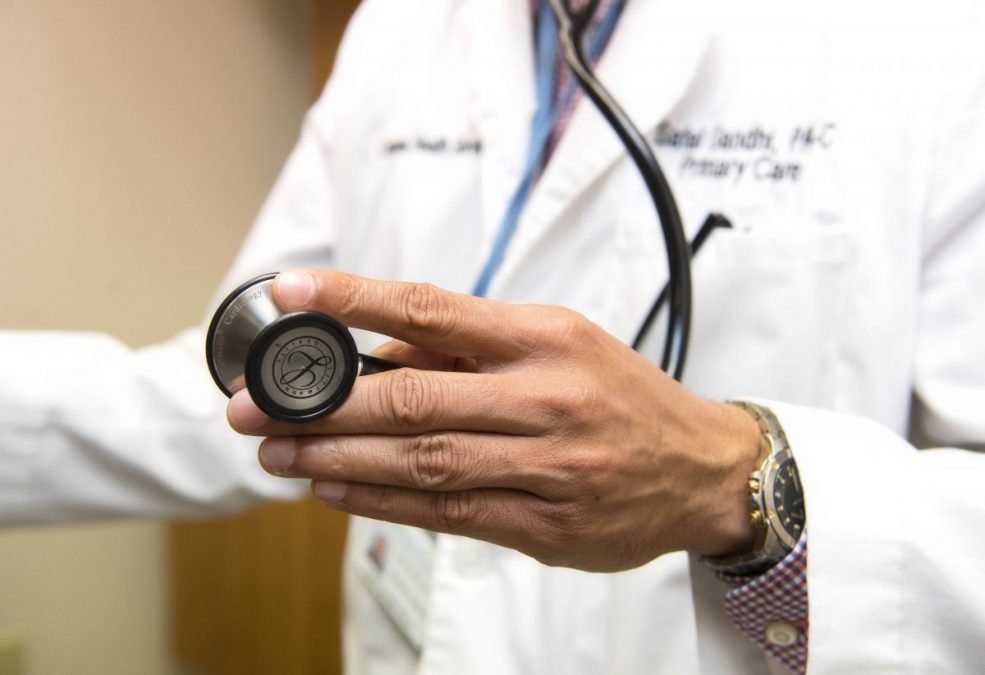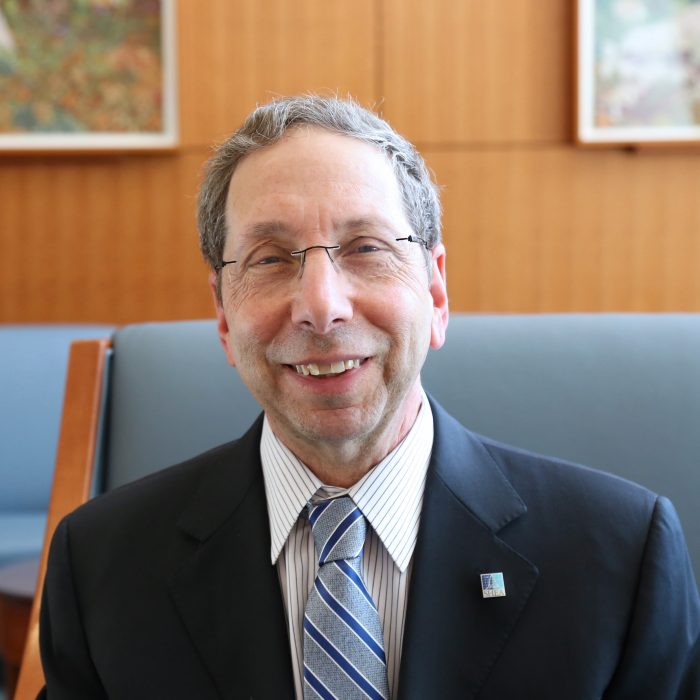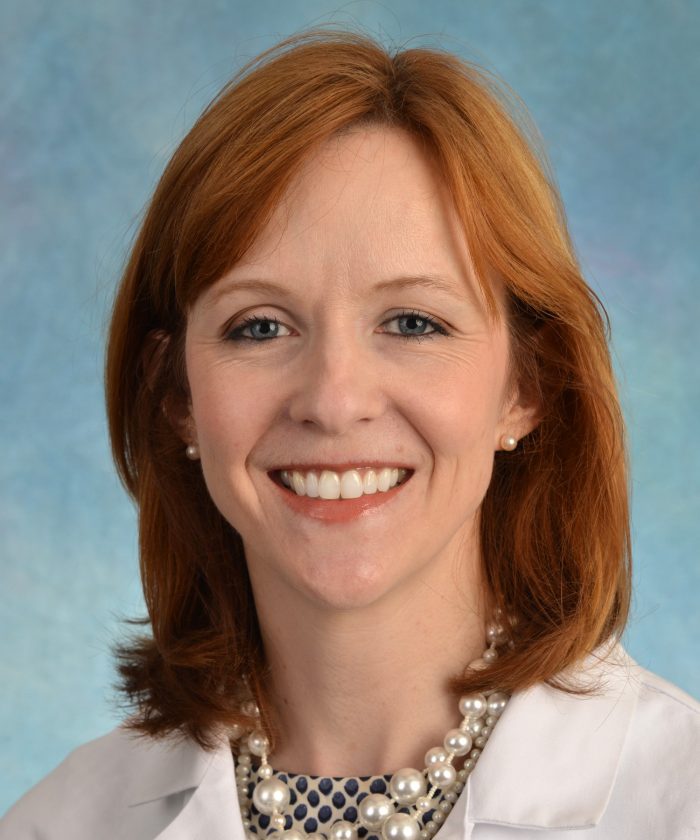UNC-Chapel Hill experts available to discuss record number of measles cases
As the number of measles cases in the U.S. continues to climb, UNC-Chapel Hill physicians and researchers are available to discuss a wide range of measles topics.

The number of measles cases in the U.S. is now the highest it has been since the disease was declared eliminated in 2000, with most cases affecting unvaccinated populations. Measles is highly contagious and can be devasting, killing about one out of every 1,000 victims, increasing the risk of miscarriage and stillbirth in pregnant victims, and resulting in pneumonia or brain swelling as its most severe complications. UNC-Chapel Hill physicians and researchers are available to discuss a wide range of topics, including infection rates in the United States; at-risk populations; facts and myths about the measles, mumps and rubella vaccine; and the importance of human behaviors and immunization for preventing measles.
If you’d like to speak with an expert, call (919) 445-8555 or email mediarelations@unc.edu.
 Dr. David J. Weber is a professor of epidemiology in the UNC Gillings School of Global Public Health and a professor of pediatrics and medicine in the UNC School of Medicine’s Division of Infectious Diseases and Department of Pediatrics. He can discuss clinical aspects and epidemiology of measles, including how to identify the symptoms of measles, complications arising from infections, immunization to prevent measles, response of healthcare facilities to a measles outbreak, and which populations are at highest risk of getting measles.
Dr. David J. Weber is a professor of epidemiology in the UNC Gillings School of Global Public Health and a professor of pediatrics and medicine in the UNC School of Medicine’s Division of Infectious Diseases and Department of Pediatrics. He can discuss clinical aspects and epidemiology of measles, including how to identify the symptoms of measles, complications arising from infections, immunization to prevent measles, response of healthcare facilities to a measles outbreak, and which populations are at highest risk of getting measles.
 Dr. Martha Perry is an associate professor of pediatrics in the UNC School of Medicine. She can discuss measles vaccination in primary care, including risks and benefits, when to get the vaccination and where. She can also discuss why vaccination is important to primary care practices, reducing the risk to other patients who may be too young for the vaccine or have other reasons for not being vaccinated, and why following the recommended schedule is important.
Dr. Martha Perry is an associate professor of pediatrics in the UNC School of Medicine. She can discuss measles vaccination in primary care, including risks and benefits, when to get the vaccination and where. She can also discuss why vaccination is important to primary care practices, reducing the risk to other patients who may be too young for the vaccine or have other reasons for not being vaccinated, and why following the recommended schedule is important.
 Dr. Noel Brewer is a professor of health behavior at the UNC Gillings School of Global Public Health. He is a behavioral scientist who studies vaccination behavior including vaccine hesitancy and healthcare provider communication about vaccines. He can discuss prevalence of vaccine refusal, reasons for not getting vaccinated and interventions that effectively increase uptake.
Dr. Noel Brewer is a professor of health behavior at the UNC Gillings School of Global Public Health. He is a behavioral scientist who studies vaccination behavior including vaccine hesitancy and healthcare provider communication about vaccines. He can discuss prevalence of vaccine refusal, reasons for not getting vaccinated and interventions that effectively increase uptake.
P: (919) 445-8555 | E: mediarelations@unc.edu


